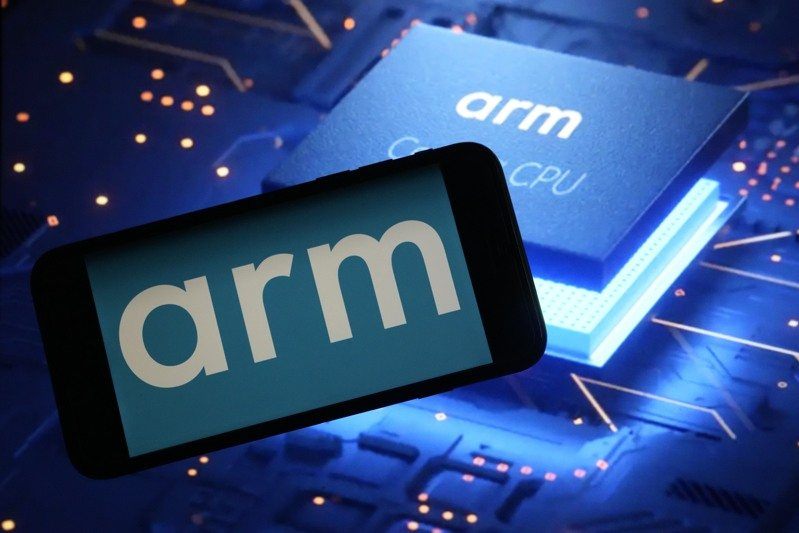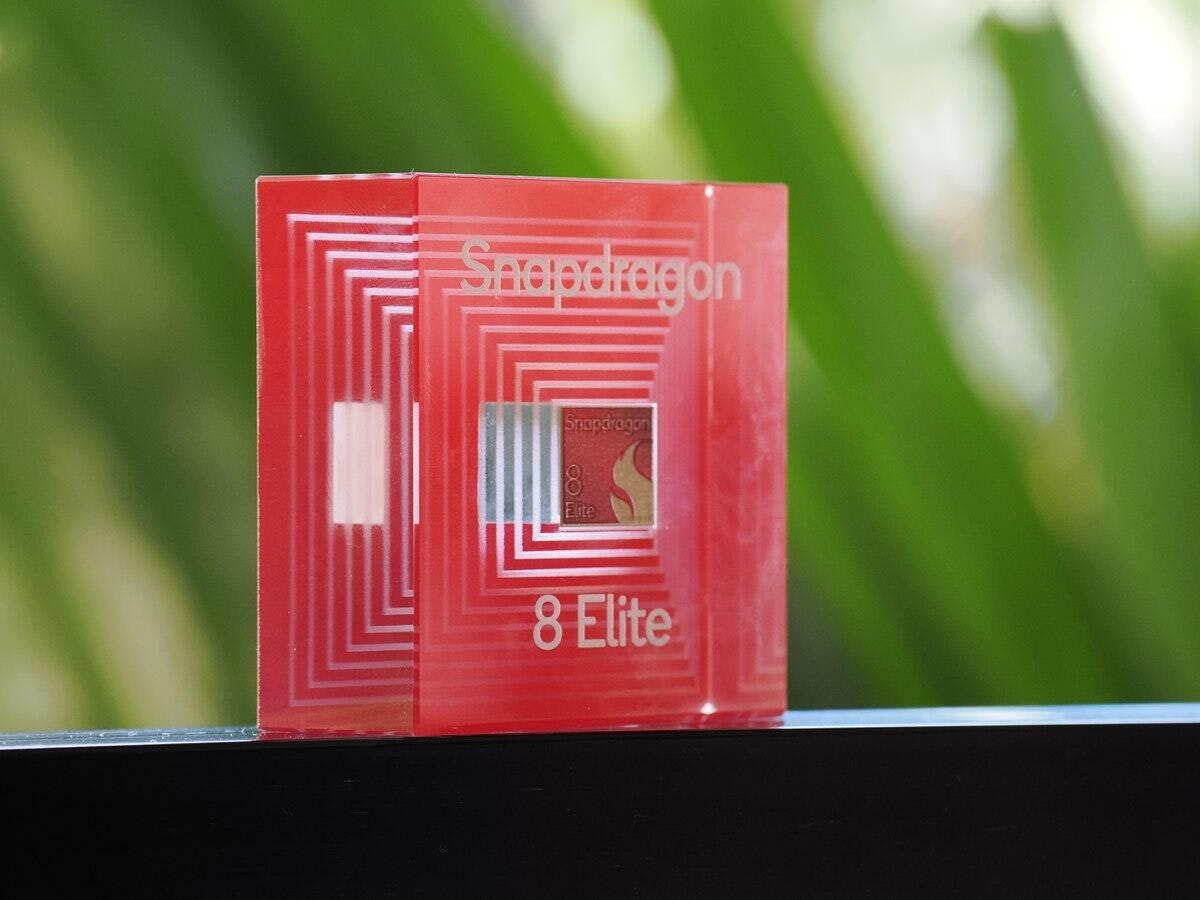Legal Dispute Escalates: ARM Cancels Qualcomm Chip Design License
ARM plans to cancel its chip design license agreement with its long-time partner Qualcomm and has given Qualcomm a 60-day notice.
On October 23, it was reported that ARM plans to cancel its chip design license agreement with its long-term partner Qualcomm, escalating the legal dispute between the two parties.ARM has given Qualcomm a 60-day notice that it will terminate the architecture license agreement, which allows Qualcomm to design chips based on the ARM standard.
It is understood that Qualcomm sells hundreds of millions of processors every year, mainly used in Android smartphones.If ARM's notice takes effect, Qualcomm will have to stop sales of related products, which account for a significant portion of its approximately $39 billion in revenue, and may face huge compensation.
A Qualcomm spokesperson said in response that ARM's approach was an "unfounded threat" intended to forcibly oppress partners and ignore the rights covered in the architecture license agreement between the two parties to increase license fee rates.Qualcomm believes its agreement with ARM will be confirmed in an upcoming court hearing and emphasizes ARM's anti-competitive behavior is unacceptable.

In the past two years, ARM has repeatedly accused Qualcomm of breach of contract and patent infringement.In 2022, ARM filed a lawsuit in Delaware, accusing Qualcomm of violating contract and trademark rights by failing to negotiate new licenses.Based on the notice of cancellation of the license, ARM gave Qualcomm eight weeks to resolve the dispute.
However, the cause of the rupture of the relationship dates back to a previous acquisition deal.
In 2021, Qualcomm announced that it had acquired Nuvia, a chip design company, for US$1.4 billion, hoping to use its technology to significantly improve the performance of Qualcomm's next-generation CPU. The three co-founders of Nuvia were all core technical backbones of Apple's A-series chip team.
For Nuvia, the company's microprocessor design work has become the core of new PCs sold by companies such as HP and Microsoft, and these processors are key components of the new line of AI PCs.
However, ARM does not acknowledge that the existing agreement covers Nuvia's acquisition, so it continues to file charges against Qualcomm on the grounds of breach of contract and trademark infringement, licensing rates and Nuvia's IP ownership.Qualcomm denied its breach of contract and rejected ARM's request to destroy processor chip technology built using Nuvia's intellectual property.Nuvia's license was terminated in February 2023 after negotiations failed to reach a solution.
It is worth noting that Qualcomm relies on ARM's instruction set, which is the basic code for the chip to run software such as the operating system.If ARM insists on terminating the license, Qualcomm will not be able to use the instruction set for design. Although it can still obtain ARM's blueprint license under a separate product agreement, it will cause serious delays and waste of work already done.

In 2016, ARM was acquired by Japan's Softbank Group. In September last year, part of its equity was sold to the public through an IPO. Softbank Group still retains more than 80% of its shares in ARM.ARM currently has two types of customers, one is companies that manufacture chips based on its designs, and the other is semiconductor manufacturing companies that only license ARM's instruction set.
ARM CEO Rene Haas said the company's business has shifted to providing more complete design services, but the shift has had an impact on the business of ARM's traditional customers.
On the other hand, Qualcomm is gradually abandoning ARM's design and prioritizing its own design.On October 21, Qualcomm released its flagship mobile platform-Snapdragon 8 Extreme Edition at the "2024 Snapdragon Summit", using the second-generation customized Qualcomm Orion CPU and other independently designed components to enhance the PC field. Competitiveness.
At the same time, Qualcomm is also focusing on other areas such as computing, which is also occupied by ARM.It can be seen that the two companies are still connected at the technical level, and Qualcomm cannot completely break with ARM for the time being.
·Original
Disclaimer: The views in this article are from the original Creator and do not represent the views or position of Hawk Insight. The content of the article is for reference, communication and learning only, and does not constitute investment advice. If it involves copyright issues, please contact us for deletion.